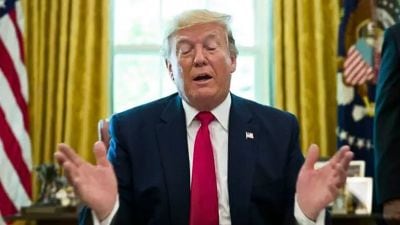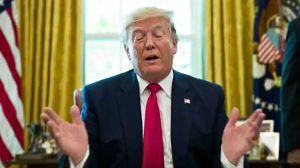Stay updated with the latest - Click here to follow us on Instagram
EU wants child labour,environment addressed in FTA with India
Ahead of the India-EU Summit on Friday,the European Union today raised issues of child labour and environment again,saying these must be addressed in the free trade area negotiations between the two sides.
Ahead of the India-EU Summit on Friday,the European Union today raised issues of child labour and environment again,saying these must be addressed in the free trade area negotiations between the two sides.
…in todays world we have to address the relationship between trade and other things…we have to address these issues, EU Ambassador to India Danielle Smadja said,adding it is the time to jump into the cold water of give and take.
India is in negotiations with the 27-nation European bloc for a FTA since 2007 but differences persist despite seven rounds of talks. It has been arguing that issues of child labour and environment should be kept away from trade.
Differences also persist on transparency on government procurement.
The FTA negotiations are very complex…there are a number of factors which are making the negotiations slower, Smadja said.
The 10th India-EU Summit to be attended by Prime Minister Manmohan Singh and Swedish Prime Minister Fredrik Reinfeldt (Sweden holds EUs rotating presidency) would also discuss climate change,counter terrorism and regional issues.
The Summit would give aspiration and put some political inspiration into the discussions of trade and investment, Smadja said,adding FTA would definitely be high on the discussions. INDIA-EU 2 LST For concluding the FTA aimed at boosting USD 80 billion bilateral trade,the two sides need to find convergence on level of tariff reduction on bulk of the trade.
We still have very difficult negotiations…there are sensitivities on both the sides, Smadja said. However,she hoped the two sides could reach the trade opening deal in 2010.
The leaders would exchange views on how the countries are coping with the global financial crisis and the changing role of developing countries in the new world economic order.







